 Mobile Tutorial
Mobile Tutorial
 Mobile News
Mobile News
 iPhone 16 Pro imaging module upgrade: ghosting problem that has existed for many years will be solved
iPhone 16 Pro imaging module upgrade: ghosting problem that has existed for many years will be solved
iPhone 16 Pro imaging module upgrade: ghosting problem that has existed for many years will be solved
It is expected that there are still 5 months until the release of iPhone 16 Pro. News about this new model has been emerging one after another. Today we will talk about the imaging module of the iPhone 16 Pro series.
Apple introduced a rear three-camera module in the iPhone 11 Pro generation. Since then, the iPhone Pro series has continued this design style, and there have been no major changes to the iPhone 15 Pro generation - Image The design of the module is the most intuitive factor that affects the appearance of a mobile phone. The continuation of the module design for the fifth generation also makes everyone feel a little tired.
High emotional intelligence means "continuing the family design", while low emotional intelligence may mean "not wanting to make progress". Just like the Huawei Pura 70 series, which was newly launched on the 18th, the rounded triangle Deco is eye-catching.
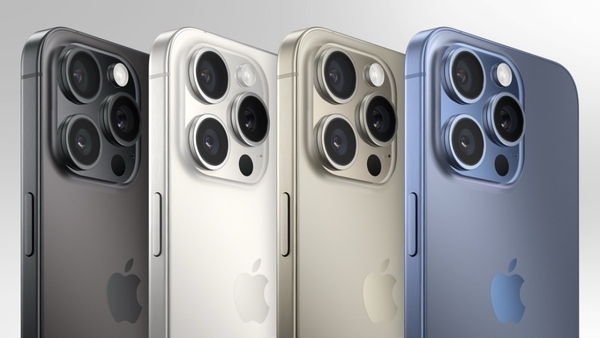
Although the appearance of the imaging module has not changed much, each generation of iPhone will always have more or less improvements in imaging. For example, on the iPhone 15 Pro series, when the user shoots horizontally, the main camera and ultra-wide-angle lens above the module can be called to shoot spatial video, record video material with a sense of three-dimensionality and depth, and support Play on VisionPro. What upgrades can we see on the iPhone 16 Pro?
Optical Zoom
Currently, only the iPhone 15 Pro Max uses a new four-prism telephoto design that supports 5x optical zoom and 25x digital zoom. However, with the launch of the iPhone 16 series, Apple has also extended the upgraded prism camera to the smaller iPhone 16 Pro - I would like to call it universal celebration.
This means that both iPhone 16 Pro and iPhone 16 Pro Max will offer at least 5x optical zoom and 25x digital zoom. The only pity is that with 5x optical zoom (equivalent to 120mm), the native 3x optical zoom on the iPhone 15 Pro will most likely be cut off. In some scenes where space is relatively limited, the 3x telephoto equivalent to 77mm is still very useful.
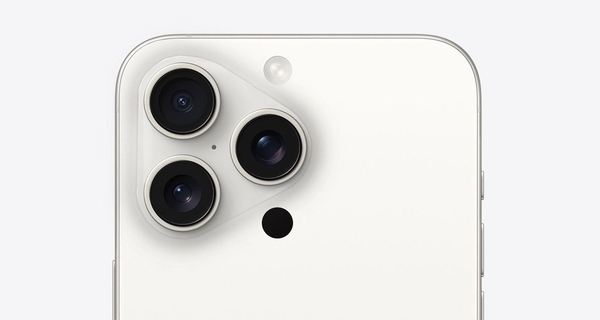
In a research report last October, Tianfeng International industry analyst Ming-Chi Kuo reiterated his previous statement, saying that in 2024 there will be “two models using four iPhone 16 Pro model with prism lens”.
Of course, there is another change worth paying attention to. It was previously rumored that the iPhone 16 Pro Max will be equipped with a feature called "Periscope Super Telephoto Combination", which will allow the device to have an optical zoom of more than 5 times. However, this rumor is for reference only. As of now, except for the so-called "revelation" last year, this rumor has not been confirmed.
Ultra-wide-angle lens
According to multiple reports, both iPhone 16 Pro and iPhone 16 Pro Max will upgrade to 48MP ultra-wide-angle lenses this year, which also means that the 12MP ultra-wide-angle cameras that have been used for many years are at least in terms of pixels. will be significantly improved.
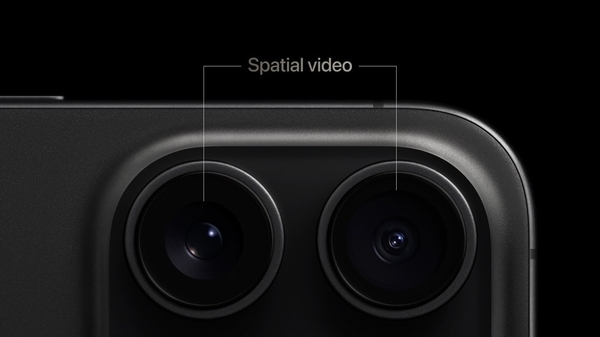
#The direct improvement brought about by the increase in pixel count is that the ultra-wide-angle lens of iPhone 16 Pro will be much clearer than before in most shooting situations.
In addition to being outdoors in brightly lit areas, the ultra-wide-angle imaging effect of iPhone 16 Pro will also be improved in low-light environments. This upgrade will provide users with more details and optimized colors for ultra-wide-angle photography, while the increase in resolution will also provide greater flexibility in editing and post-processing.
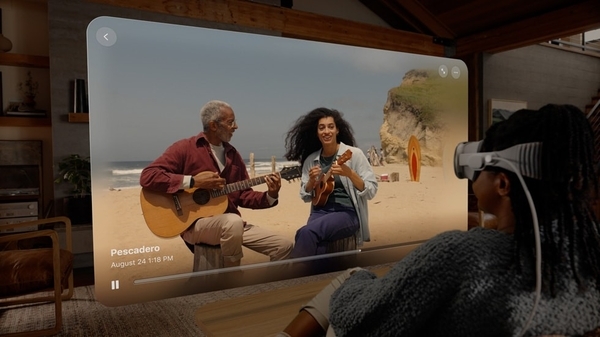
It is worth mentioning that the iPhone 16 Pro’s switch to a 48MP ultra-wide-angle lens may also mean that spatial video recording will be significantly improved. As I mentioned earlier, the iPhone’s space video shooting function requires the main camera and ultra-wide-angle lens.
With the new 48MP ultra-wide-angle lens, iPhone 16 Pro will be able to record 4K resolution spatial video, and its playback effect on VisionPro will also be even better. Currently, the iPhone 15 Pro can only record spatial videos with 1080p resolution, which is indeed not enough to watch.
Main camera upgrade
According to reports, the iPhone 16 Pro will use Sony’s new main camera sensor, which has an upgraded design for better low-light performance.
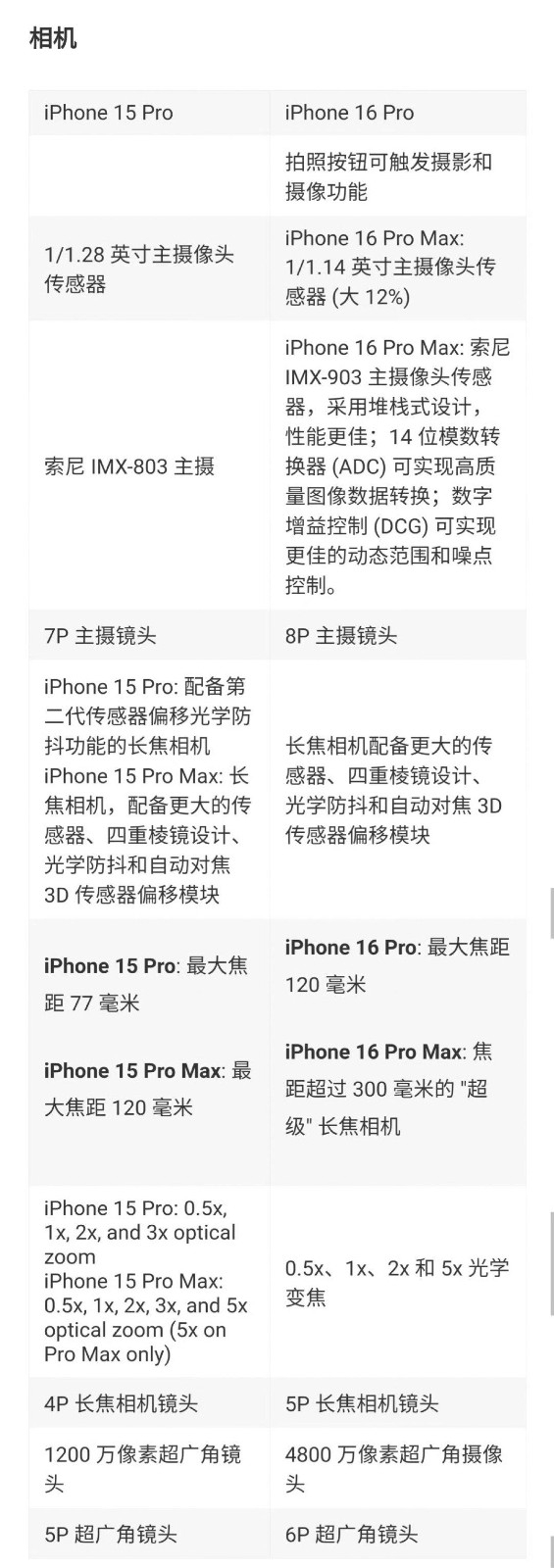
Sony's latest stacked sensor technology separates the photodiode and pixel transistor, which are usually combined into one. In this way, while the overall size of the pixel is the same, the size of the part that actually captures the light can be greatly increased.
Sony claims that this sensor captures twice as much light as existing camera sensors. And for future users, capturing more light and eliminating more noise means taking clearer photos.
However, it is unclear whether this next-generation Sony sensor will be used in the two iPhone 16 Pro models. However, there are rumors on Weibo that only the iPhone 16 Pro Max will use this upgraded stack camera sensor.
Anti-reflective coating
It’s coming, Apple is finally going to solve the “real problem” that users have been complaining about. As we all know, the ghosting problem of iPhone has lasted for many generations. Whether when shooting night scenes or at certain angles with sufficient sunlight during the day, users’ photos or videos will be left with “ghosting” or glare.
This is a hardware problem that affects most mobile phone images on the market, but this problem is particularly prominent for the iPhone. Apple is reportedly working on fixing this issue for the iPhone 16 Pro.
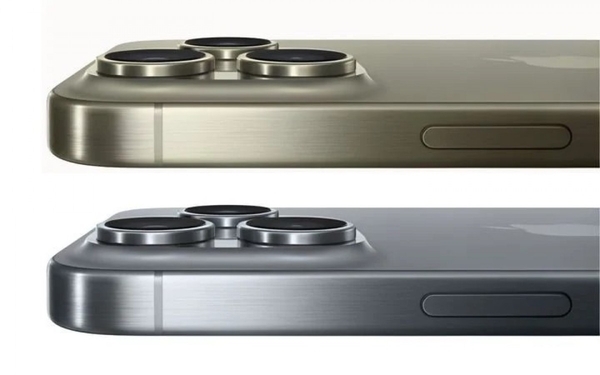
According to reports, Apple is testing a new "atomic layer deposition" (or ALD) lens coating technology for the iPhone 16 Pro. This anti-reflective coating can be applied to the iPhone 16 Pro’s camera lenses to minimize the impact of internal reflections.
If this rumor is true, it will mean that the ghosting or glare that users see on images captured by iPhone 16 Pro will be effectively controlled, especially images captured under bright lighting conditions at night. , it can be called an epic upgrade.
Written at the end
In fact, looking at the upgrades mentioned above, I feel that Apple has done a lot of things in this generation of imaging systems. However, there are still 5 months until the final release, and a lot of information can only be confirmed until the device is officially released.
However, Apple has brought fewer and fewer surprises to people in recent years. Samsung has regained its No. 1 spot in the world, Huawei’s new phones have been snapped up, and Xiaomi, OPPO, vivo, and Honor have all shown their magic. Considering the high price of the iPhone, it is difficult to conquer the majority of consumers with just a few upgrades. I hope Apple can bring us more surprises this September.
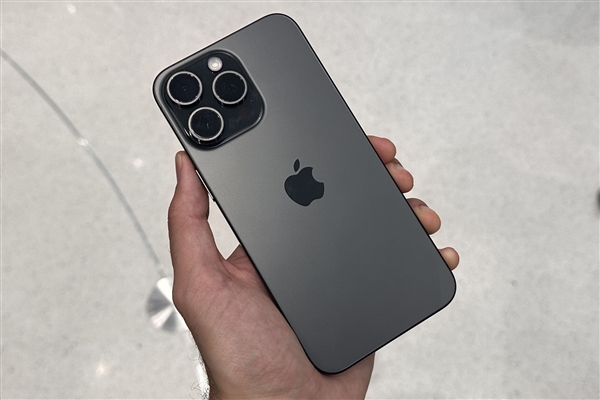
The above is the detailed content of iPhone 16 Pro imaging module upgrade: ghosting problem that has existed for many years will be solved. For more information, please follow other related articles on the PHP Chinese website!

Hot AI Tools

Undresser.AI Undress
AI-powered app for creating realistic nude photos

AI Clothes Remover
Online AI tool for removing clothes from photos.

Undress AI Tool
Undress images for free

Clothoff.io
AI clothes remover

Video Face Swap
Swap faces in any video effortlessly with our completely free AI face swap tool!

Hot Article

Hot Tools

Notepad++7.3.1
Easy-to-use and free code editor

SublimeText3 Chinese version
Chinese version, very easy to use

Zend Studio 13.0.1
Powerful PHP integrated development environment

Dreamweaver CS6
Visual web development tools

SublimeText3 Mac version
God-level code editing software (SublimeText3)

Hot Topics
 1386
1386
 52
52
 deepseek ios version download and installation tutorial
Feb 19, 2025 pm 04:00 PM
deepseek ios version download and installation tutorial
Feb 19, 2025 pm 04:00 PM
DeepSeek Smart AI Tool Download and Installation Guide (Apple Users) DeepSeek is a powerful AI tool. This article will guide Apple users how to download and install it. 1. Download and install steps: Open the AppStore app store and enter "DeepSeek" in the search bar. Carefully check the application name and developer information to ensure the correct version is downloaded. Click the "Get" button on the application details page. The first download may require AppleID password verification. After the download is completed, you can open it directly. 2. Registration process: Find the login/registration portal in the DeepSeek application. It is recommended to register with a mobile phone number. Enter your mobile phone number and receive the verification code. Check the user agreement,
 Why can't the Bybit exchange link be directly downloaded and installed?
Feb 21, 2025 pm 10:57 PM
Why can't the Bybit exchange link be directly downloaded and installed?
Feb 21, 2025 pm 10:57 PM
Why can’t the Bybit exchange link be directly downloaded and installed? Bybit is a cryptocurrency exchange that provides trading services to users. The exchange's mobile apps cannot be downloaded directly through AppStore or GooglePlay for the following reasons: 1. App Store policy restricts Apple and Google from having strict requirements on the types of applications allowed in the app store. Cryptocurrency exchange applications often do not meet these requirements because they involve financial services and require specific regulations and security standards. 2. Laws and regulations Compliance In many countries, activities related to cryptocurrency transactions are regulated or restricted. To comply with these regulations, Bybit Application can only be used through official websites or other authorized channels
 Anbi app official download v2.96.2 latest version installation Anbi official Android version
Mar 04, 2025 pm 01:06 PM
Anbi app official download v2.96.2 latest version installation Anbi official Android version
Mar 04, 2025 pm 01:06 PM
Binance App official installation steps: Android needs to visit the official website to find the download link, choose the Android version to download and install; iOS search for "Binance" on the App Store. All should pay attention to the agreement through official channels.
 Sesame Open Door Trading Platform Download Mobile Version Gateio Trading Platform Download Address
Feb 28, 2025 am 10:51 AM
Sesame Open Door Trading Platform Download Mobile Version Gateio Trading Platform Download Address
Feb 28, 2025 am 10:51 AM
It is crucial to choose a formal channel to download the app and ensure the safety of your account.
 How to solve the problem of 'Undefined array key 'sign'' error when calling Alipay EasySDK using PHP?
Mar 31, 2025 pm 11:51 PM
How to solve the problem of 'Undefined array key 'sign'' error when calling Alipay EasySDK using PHP?
Mar 31, 2025 pm 11:51 PM
Problem Description When calling Alipay EasySDK using PHP, after filling in the parameters according to the official code, an error message was reported during operation: "Undefined...
 Download link of Ouyi iOS version installation package
Feb 21, 2025 pm 07:42 PM
Download link of Ouyi iOS version installation package
Feb 21, 2025 pm 07:42 PM
Ouyi is a world-leading cryptocurrency exchange with its official iOS app that provides users with a convenient and secure digital asset management experience. Users can download the Ouyi iOS version installation package for free through the download link provided in this article, and enjoy the following main functions: Convenient trading platform: Users can easily buy and sell hundreds of cryptocurrencies on the Ouyi iOS app, including Bitcoin and Ethereum. and Dogecoin. Safe and reliable storage: Ouyi adopts advanced security technology to provide users with safe and reliable digital asset storage. 2FA, biometric authentication and other security measures ensure that user assets are not infringed. Real-time market data: Ouyi iOS app provides real-time market data and charts, allowing users to grasp encryption at any time
 Sesame Open Door Exchange App Official Download Sesame Open Door Exchange Official Download
Mar 04, 2025 pm 11:54 PM
Sesame Open Door Exchange App Official Download Sesame Open Door Exchange Official Download
Mar 04, 2025 pm 11:54 PM
The official download steps of the Sesame Open Exchange app cover the Android and iOS system download process, as well as common problems solutions, helping you download safely and quickly and enable convenient transactions of cryptocurrencies.
 gate.io sesame door download Chinese tutorial
Feb 28, 2025 am 10:54 AM
gate.io sesame door download Chinese tutorial
Feb 28, 2025 am 10:54 AM
This article will guide you in detail how to access the official website of Gate.io, switch Chinese language, register or log in to your account, as well as optional mobile app download and use procedures, helping you easily get started with the Gate.io exchange. For more tutorials on using Gate.io in Chinese, please continue reading.



